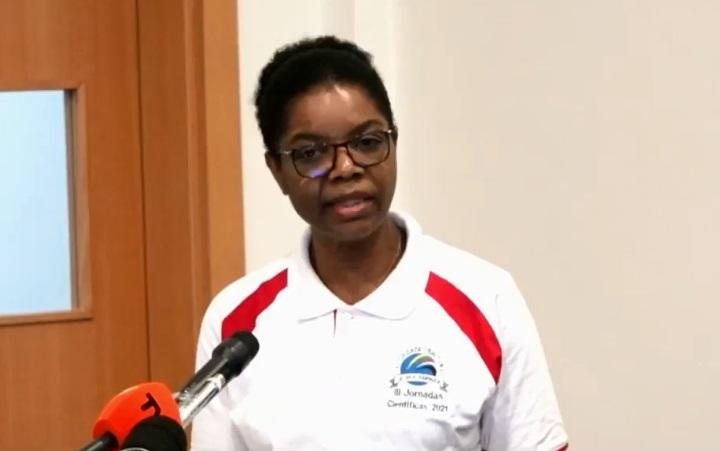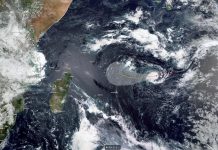Africa-Press – Mozambique. Mozambique’s Tax Authority (AT) has claimed that domestic tax collection now accounts for about 85 per cent of the State revenues, which finance social and economic development programmes.
The AT chairperson, Amelia Muendane, addressing a meeting in Maputo on Wednesday, declared that natural gas operations in the northern Mozambican province of Cabo Delgado will contribute to bridge the financial gap, currently standing at between 15 and 20 per cent. This imposes a great need for an even more efficient tax collection system, she said.
“There is a beacon of hope brought by the exploration of oil and gas, following the discovery of nearly 180 trillion cubic feet of gas in the Rovuma Basin, which will definitely leverage the country’s capacity to mobilise revenues,” Muendane said.
Oil and gas exploration, she stressed, will catapult the country into the group of major producers, at a global level, posing additional challenges to Mozambique’s tax system which has to be robust for the correct management of tax collection.
She added that the AT has set up an Extractive Industry Tax Unit tasked with the analysis of contract risks, tax control and capacity building for the auditing experts for the oil and gas sector. But there are lingering challenges on institutional coordination and the promotion of an even greater capacity to collect taxes.
Over the last five years, the extractive industry, she added, has contributed about seven per cent of total revenues and just 2.4 per cent to the Gross Domestic Product (GDP).
She also declared that in the estimates for a minimal fiscal risk scenario, revenues from the oil and gas sector would amount to 31.2 per cent of total revenue and about 10.7 per cent of GDP.
This optimistic view completely ignores the impact of terrorism in Cabo Delgado. The construction of the onshore gas liquefaction facilities on the Afungi Peninsula in Palma district came to a complete standstill with the terrorist raid against Palma town on 24 March.
The French oil and gas company Total Energies, which heads the consortium building these facilities, withdrew all its staff from Afungi after the attack. Total says it has not abandoned the project, but even if the current Mozambican/Rwandan counteroffensive against the terrorist groups is completely successful, it will be many months before work at Afungi resumes.
The only gas project that is certain to go ahead is the Floating Liquefied Natural Gas (FLNG) platform, currently under construction in a Korean shipyard. It should be towed to the Mozambique Channel and installed off the Cabo Delgado coast next year.






